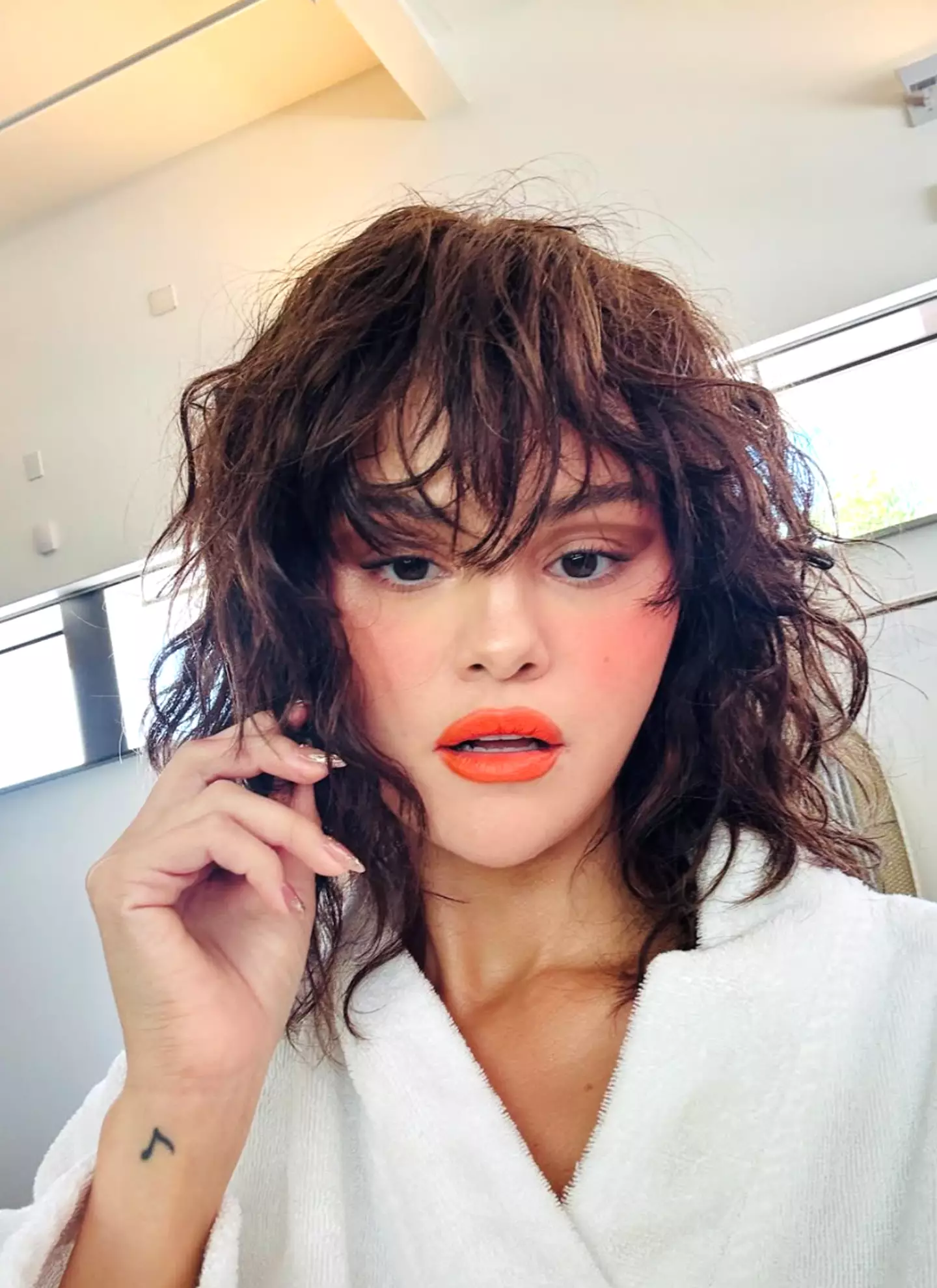
Topics: Selena Gomez, Mental Health, Entertainment, Celebrity, Health, Women's Health, Documentaries, Disney Plus

Topics: Selena Gomez, Mental Health, Entertainment, Celebrity, Health, Women's Health, Documentaries, Disney Plus
Selena Gomez has candidly opened up about the heartbreaking truth surrounding her bipolar disorder diagnosis.
Fans of the 33-year-old Only Murders In The Building star will remember that she first publicly spoke about the diagnosis in her 2022 documentary, My Mind & Me.
The film in question follows the journey of Gomez being diagnosed with bipolar disorder back in 2020 after a period of psychosis, which led to treatment at a mental health facility.
Bipolar disorder is a mental health condition that affects a person's mood, which can swing from one extreme to another.
Advert
Those suffering with bipolar often have episodes of depression – including feelings of being very low and lethargic - and mania, in which the person feels very high and overactive.
She told Rolling Stone at the time that she’d been to four such facilities over the course of her 20s.
"I’m going to be very open with everybody about this: I’ve been to four treatment centres," she said.
"I think when I started hitting my early twenties is when it started to get really dark, when I started to feel like I was not in control of what I was feeling, whether that was really great or really bad."
In that same interview, Gomez said she was 'so nervous' of the doc being released, adding: "Because I have the platform I have, it’s kind of like I’m sacrificing myself a little bit for a greater purpose.
"I don’t want that to sound dramatic, but I almost wasn’t going to put this out. God’s honest truth, a few weeks ago, I wasn’t sure I could do it."
However, it's clear that, today, she's happy she did.
Speaking to Allure in a brand-new interview which came out Tuesday (9 September), she resolved: "I'm very glad it came out, but that's not necessarily who I am now.
"To be honest, I can't watch it. But it's only because I'm not there anymore."

Referring to the docu-film as a 'time capsule', Gomez said she hopes it 'helps people understand or be willing to figure out what's going on with themselves' by watching her do the same in real time.
"Oh, that really dark thought? I thought that. Those really high highs? I’ve had those," she explained. "I try to make people feel seen so they don't feel what people say 'crazy' is."
It's not easy being a public figure and Gomez knows all too well about that. She has battled her fair share of nasty comments online.
"I got stung by a person saying I was fat. Why is that coming up?" she asked.
Comments like this are triggering for the celeb, especially after dealing with snide remarks of her weight previously. She may seem strong, but the truth is that she is still 'sensitive'.
Despite harmful memories of her disorder, her film is an opportunity for people in a similar situation to feel seen.
Fast forward three years from the its release, Gomez is still very much trying to figure things out herself.
She works through her mental health using dialectical behaviour therapy (DBT), which the Cleveland Clinic characterises as a form of talk therapy focused on 'helping people accept the reality of their lives and their behaviours, as well as helping them learn to change'.
"You just definitely have to be willing to do the work, and that part can be tricky," Gomez added.
If you're experiencing distressing thoughts and feelings, the Campaign Against Living Miserably (CALM) is there to support you. They're open from 5pm–midnight, 365 days a year. Their national number is 0800 58 58 58 and they also have a webchat service if you're not comfortable talking on the phone.